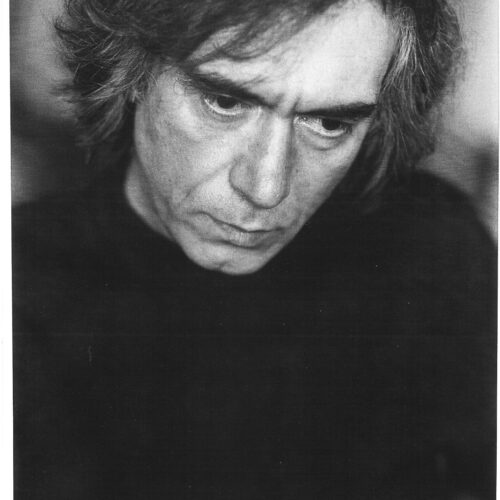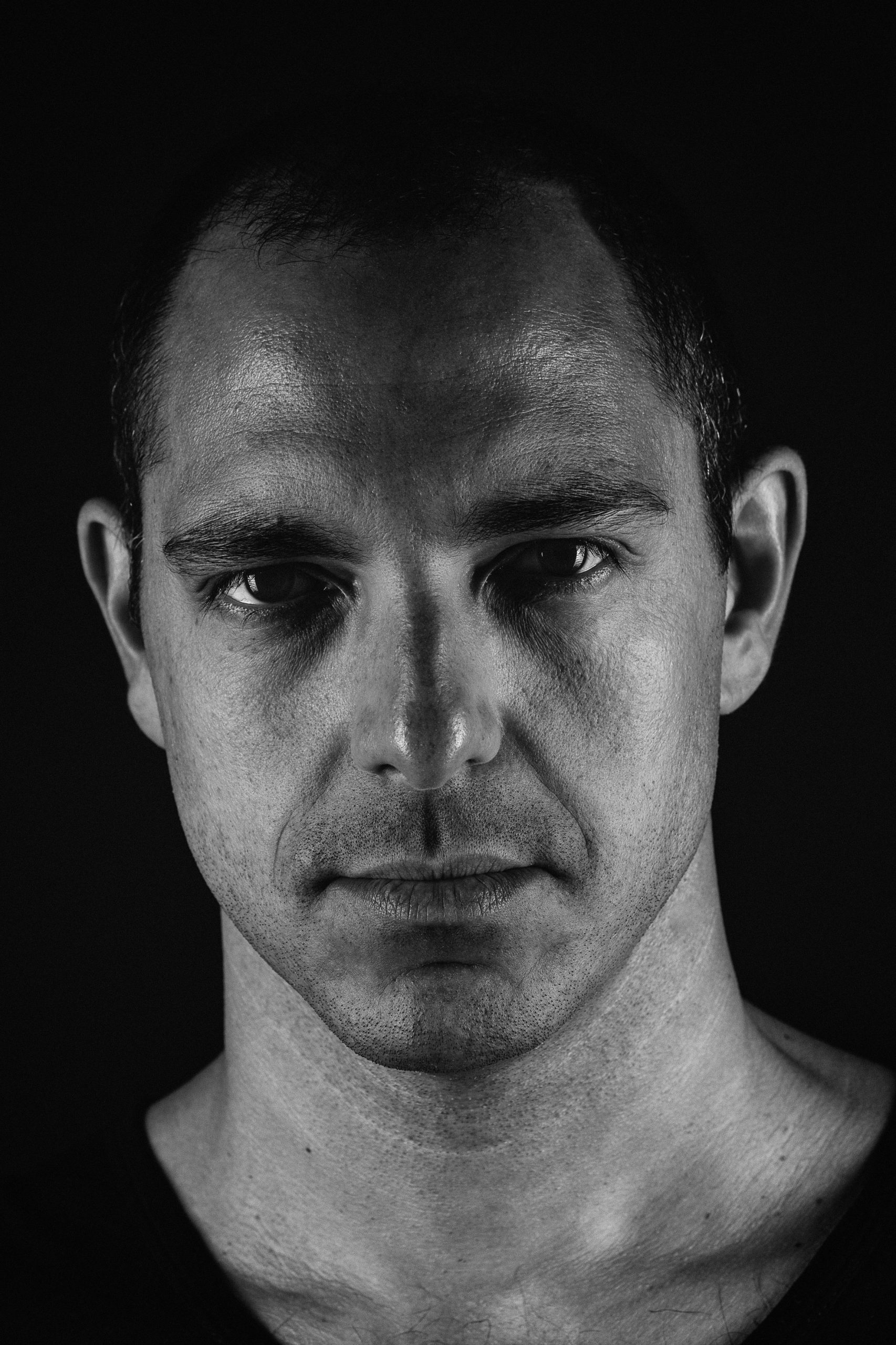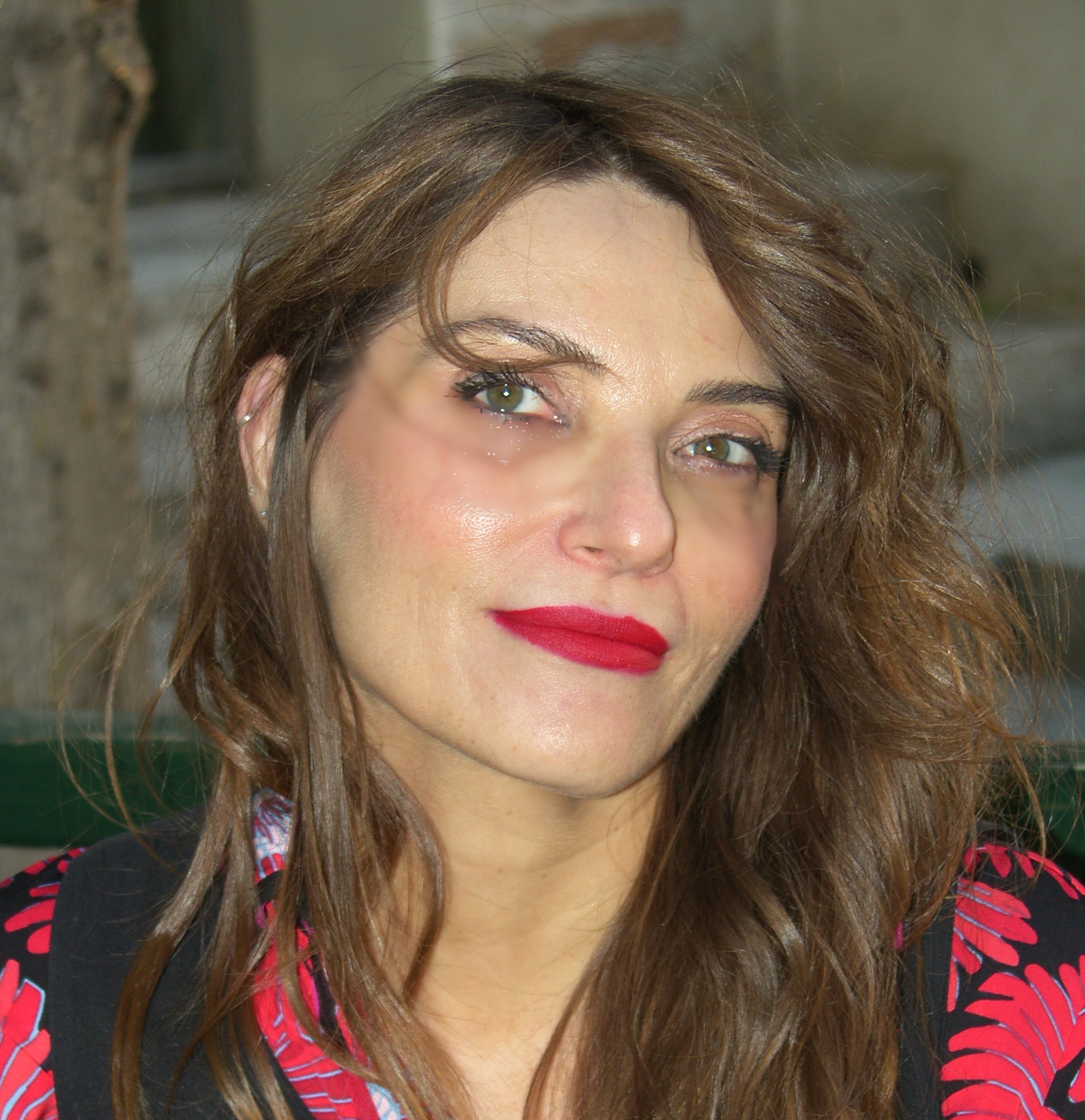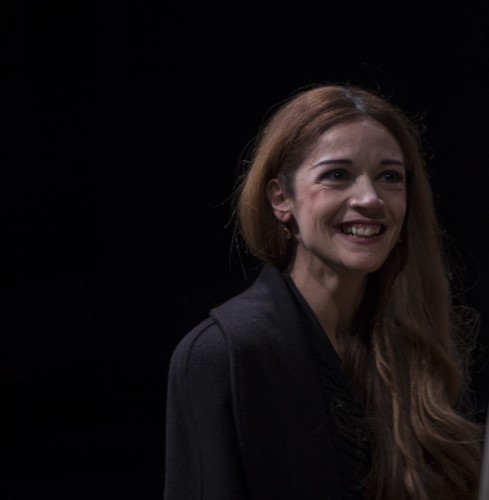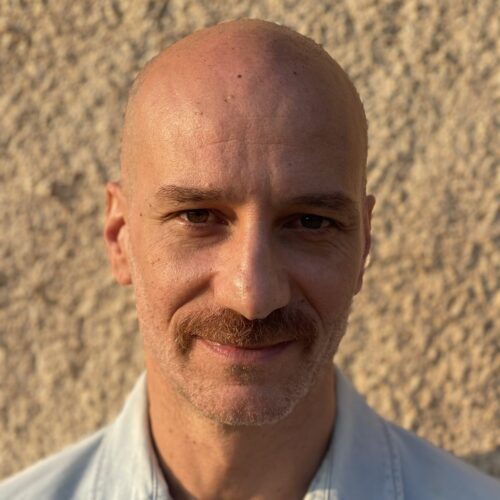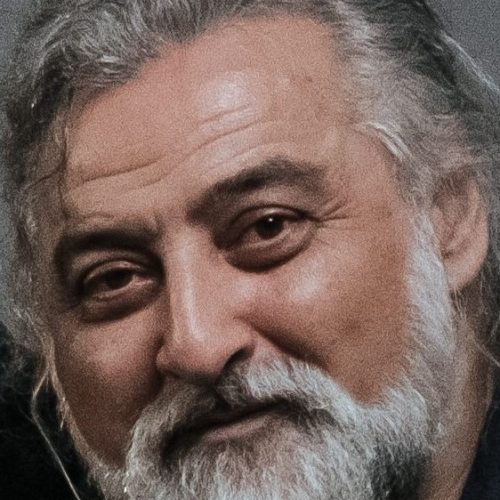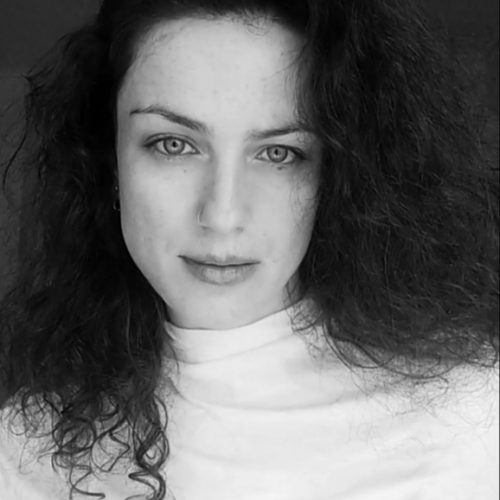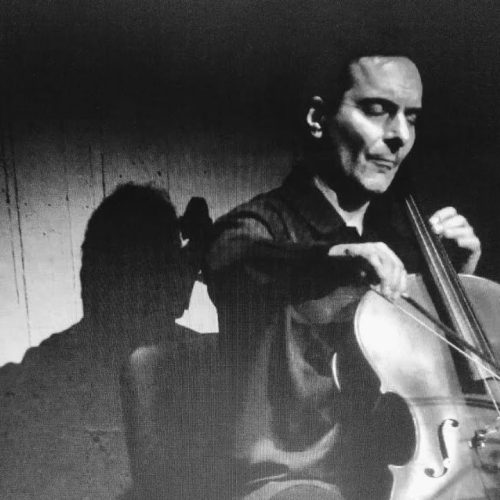POREIA Theatre returns to Epidaurus, but this time with its Artistic Director Dimitris Tarlow, in his first staging at the Argolic theatre and with the Sophoclean version of Electra.
In a world plagued by totalitarianism and social injustice and an era where violence and revenge are often portrayed as “necessary evil,” Sophocles’ Electra takes on an eerie relevance. Far from being merely a tale of vengeance, this tragedy becomes a mirror that reflects humanity’s moral dilemmas and, foremost, the eternal conflict between justice and ethics. Our performance aims to highlight this complexity, inviting the audience to confront crucial questions: What does it mean “to restore justice”? What is the imperative of duty? Can one live with the consequences of violence? Is violence an inevitable solution? Will revenge close the cycle of bloodshed? Is redemption ever possible? And, finally, what is the role of resistance when all seems lost?
Electra, a member of the accursed family of Atreides, a woman entangled in this cycle of blood and horror, is more than a tragic figure—she embodies the dilemma between the pursuit of justice and the moral imperative to forego violence. She is not just a tragic being of fate but a creation of her own volition, one wholeheartedly invested in the cause of justice. Is she a victim of her obsession with revenge or maybe a voice of resistance against the brutality of power? And why, when the palace is freed from its tyrants, does she not step inside? Is it because she merely chooses to refrain from the House she despises so much or because she rejects the very system that she fought so vehemently against? Is she still a captive of the extreme emotions that defined her, such as the grief for her father’s loss, the hatred towards her mother, and the longing for her lost brother? One thing is certain: her passion does not quiet down, not even after the much-sought catharsis is accomplished.
Director’s note
In Electra, the poet does not cater to answers. Gods are absent. Oracles coincide with human decisions by chance. Conscience falls by the wayside. The Furies are yet to appear. Still, the burden for all survivors is heavy. It is this cost of choice, this relentless human need for catharsis at any price, that Sophocles’ Electra urges us to contemplate. After all, Sophocles will not grace us with a sequel, as he will not complete a trilogy, and his work shall stop here. For every single one of the doubts and questions he once posed will find their resolution within these 1,510 verses of astounding symmetry and economy.
Dimitris Tarlow



 Duration: 1 hour and 45 minutes, without intermission
Duration: 1 hour and 45 minutes, without intermission